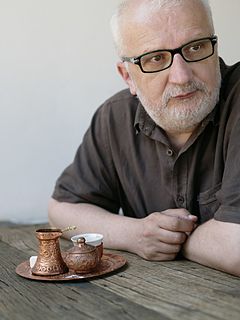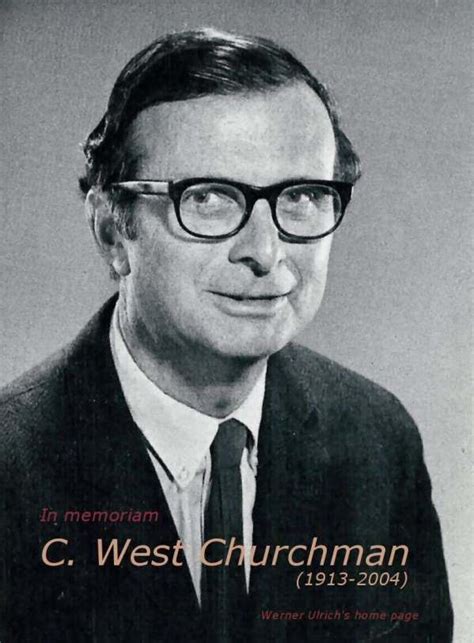A Quote by Michel de Montaigne
It is a human tendency "to measure truth and error by our capacity."
Related Quotes
Error is a supposition that pleasure and pain, that intelligence, substance, life, are existent in matter. Error is neither Mind nor one of Mind's faculties. Error is the contradiction of Truth. Error is a belief without understanding. Error is unreal because untrue. It is that which stemma to be and is not. If error were true, its truth would be error, and we should have a self-evident absurdity -namely, erroneous truth. Thus we should continue to lose the standard of Truth.
People come to the theatre in search of a real encounter with other human beings, and we must give them what they come for. Our capacity to do that is the measure of being human. And if the price is that we sometimes say something not very pleasant - well, that's precisely why people want us, in the end: because we speak the truth.
The world always makes the assumption that the exposure of an error is identical with the discovery of truth - that error and truth are simply opposite. They are nothing of the sort. What the world turns to, when it has been cured of one error, is usually simply another error, and maybe one worse than the first one.
Freedom of expression is the well-spring of our civilization... The history of civilization is in considerable measure the displacement of error which once held sway as official truth by beliefs which in turn have yielded to other truths. Therefore the liberty of man to search for truth ought not to be fettered, no matter what orthodoxies he may challenge.
It is too often believed that a person in his progress towards perfection passes from error to truth; that when he passes on from one thought to another, he must necessarily reject the first. But no error can lead to truth. The soul passing through its different stages goes from truth to truth, and each stage is true; it goes from lower truth to higher truth.
Of all the things we are wrong about, error might well top the list ... We are wrong about what it means to be wrong. Far from being a sign of intellectual inferiority, the capacity to err is crucial to human cognition. Far from being a moral flaw, it is inextricable from some of our most humane and honourable qualities: empathy, optimism, imagination, conviction, and courage. And far from being a mark of indifference or intolerance, wrongness is a vital part of how we learn and change. Thanks to error, we can revise our understanding of ourselves and amend our ideas about the world.
Again, men tell us that our preaching should be positive and not negative, that we can preach the truth without attacking error. But if we follow that advice we shall have to close our Bible and desert its teachings. The New Testament is a polemic book almost from beginning to end ... It is when men have felt compelled to take a stand against error that they have risen to the really great heights in the celebration of the truth










































